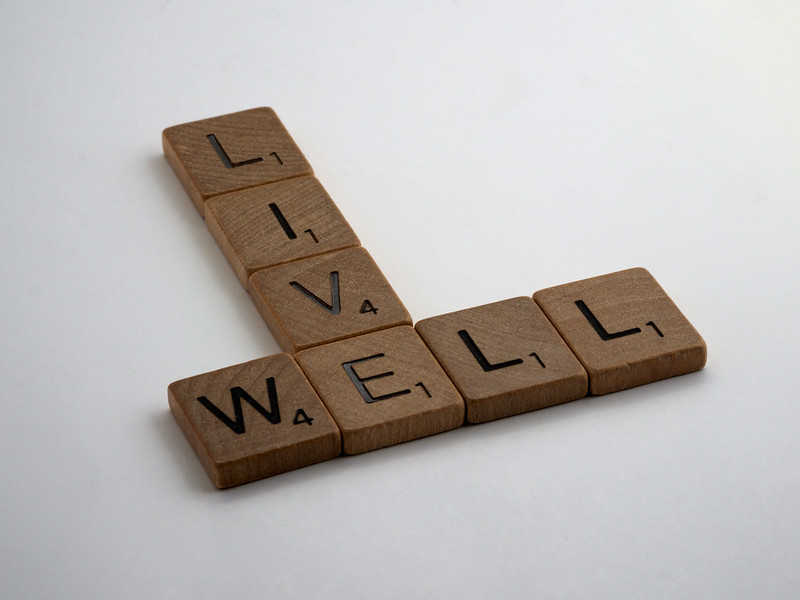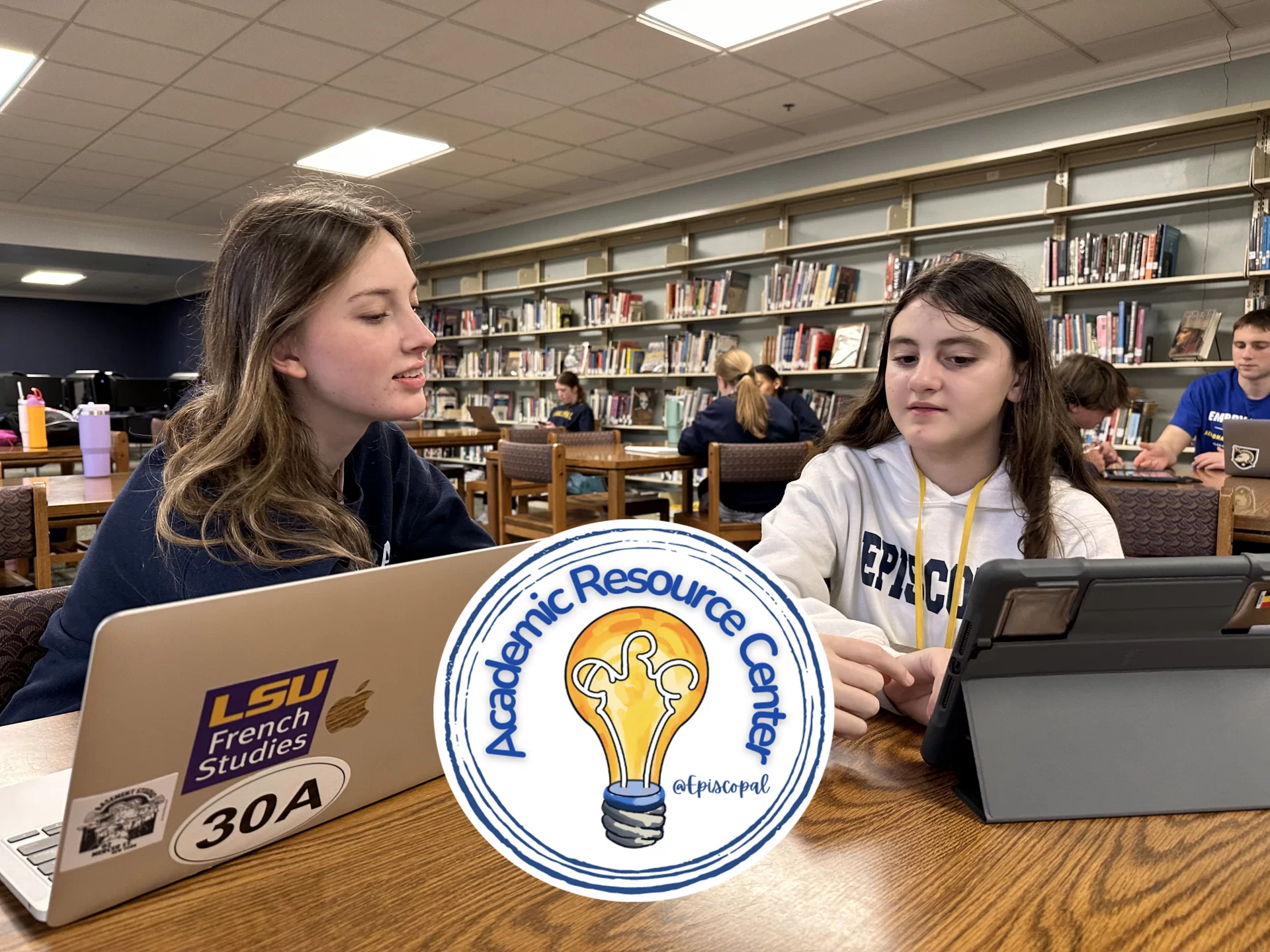- Admission
- Discover Episcopal
- Our Program
- Athletics
- Arts
- Spirituality
- Student Life
- Support Episcopal
- Alumni
- Parent Support
- Knightly News
- Contact Us
- Calendar
- School Store
- Lunch Menu
- Summer Camps
« Back
Supporting Your Child's Mental Health
January 26th, 2021

2020 brought many challenging events our way: multiple hurricanes, social and political unrest, and the COVID-19 pandemic, which is continuing into 2021. In the midst of stressful and uncertain times, how do we care for our family’s well-being? How do we know if our children and teens are struggling with anxiety, depression, and other mental health challenges? It is common for adolescents to become more peer centered and, therefore, less open with adults. While some level of stress or sadness can be normal, particularly in these trying times, anxiety and depression are more severe and indicate a larger struggle. Here are some indicators to watch for:
- Elevated levels of moodiness and distress that persists beyond two weeks. This is more than just a bad day.
- Isolating from friends and family. While COVID restrictions have made this challenging, pay attention to changes that are noticeably different for your child and accompanied by moodiness.
- Frequent talk of worries, difficulty separating from parents, and concerns about the future.
- Dropping grades. Your child may also experience trouble concentrating and/or increased apathy related to poor performance.
- Change in sleep patterns. This may be sleeping more or less than normal. It could also include difficulty falling asleep or staying asleep and difficulty waking up.
- Loss of interest in previously enjoyed hobbies and activities.
- Thoughts or talk about death or suicide. These statements should always be taken seriously and addressed with a professional’s guidance.
Families play a significant role in the mental well-being of their children. Consider these ways to be proactive and minimize the risk of further anxiety during the pandemic.
Be proactive- talk about mental health. Preteens and teens are curious and emotional. Ask them “have you or any of your friends felt increasingly worried, or sad lately?” Let them know they can always seek support. They have online information at their fingertips and easily may read about or look up details on depression, suicide, anxiety or other issues. While some of this information can be helpful, some information found independently online may be harmful.
Limit television and news exposure to challenging events. While you want to keep your family educated on the pandemic and current events, be aware that overexposure can lead to anxiety in all ages.
Stick to a routine. Children of all ages benefit from knowing what to expect. Keeping a structure for after school activities, mealtimes, and homework time give them a sense of normalcy in our changing world.
Express gratitude. Consider adding routine discussions of what you are grateful for with your family. Savor the small things- a pretty day, nature, friendships. Gratitude has been proven to ward off depression.
Stay engaged in extracurricular activities connected to school and the community. Athletic involvement and activity keeps us physically and mentally healthy. The arts are a wonderful way to express yourself creatively. Engaged children are happy children.
Allow children to express anger, anxiety or sadness. Sometimes we can shy away from difficult conversations. Expressing emotions by talking often allows people to move forward in a healthy way. Keeping things bottled can be damaging.
Practice mindfulness. Mindfulness focuses on being present, in the moment, with no judgement or worries for the past or future, which can be helpful in the midst of so much uncertainty. There are many mindfulness and meditation apps available that your child could use independently.
Fortunately, the stigma surrounding mental health is decreasing. Any quick google search, news show, or television series can be found referencing mental health struggles and healthy ways to take care of ourselves. Our children need us to acknowledge their emotions, show empathy, and model taking care of our own mental health. As always, if you have concerns for your child’s mental health, please connect with your child’s school counselor as a resource for support.
References and Resources:
https://www.altamed.org/articles/7-ways-support-your-childs-mental-health
https://www.healthychildren.org/English/health-issues/conditions/COVID-19/Pages/Signs-your-Teen-May-Need-More-Support.aspx
Alicia Kelly
Alicia Kelly has served as a School Counselor at Episcopal since 2001. As the Middle School Counselor, she has a passion for helping preadolescents reach their potential, academically, emotionally, and spiritually. Alicia holds a bachelor’s degree in psychology, master’s degree in health sciences- rehabilitation counseling, and is a Certified School Counselor and Licensed Professional Counselor.
The Episcopal School of Baton Rouge 2025-2026 application is now available! For more information on the application process, to schedule a tour, or learn more about the private school, contact us at [email protected] or 225-755-2685.
Posted in the categories All, Counselors Corner.
Other articles to consider
 Jun5Episcopal Announces New Athletic Director
Jun5Episcopal Announces New Athletic DirectorPlease join us in welcoming Brent Broussard to the Episcopal community.
See Details Jun2Episcopal Welcomes Dan Binder as the Next Upper School Division Head
Jun2Episcopal Welcomes Dan Binder as the Next Upper School Division HeadPlease join us in welcoming Dan Binder to the Episcopal community.
See Details May22End of the Year Reflection from Dr. Steakley
May22End of the Year Reflection from Dr. SteakleyAn Episcopal education and the community that supports it are remarkable. Dr. Steakley looks back at the moments that made the 2024/2025 school year.
See Details May12Tutoring with a Purpose: Jackson Ezell Reflects on His Time in the Academic Resource Center
May12Tutoring with a Purpose: Jackson Ezell Reflects on His Time in the Academic Resource CenterTime as an ARC Fellow boosts student confidence, encourages friendships and fosters lifelong learning habits. Senior Jackson Ezell reflects on his transformation as a tutor and the transformation of the center from Writing Center to Academic Resource Center.
See Details
Categories
- All
- Admission
- Athletics
- College Bound 2019
- College Bound 2020
- College Bound 2021
- College Bound 2022
- College Bound 2023
- College Bound 2024
- College Bound 2025
- Counselors Corner
- Episcopal Alumni
- Giving
- Head Of School
- Lower School
- Middle School
- Spirituality And Service
- Student Work
- The Teachers' Lounge
- Upper School
- Visual And Performing Arts











